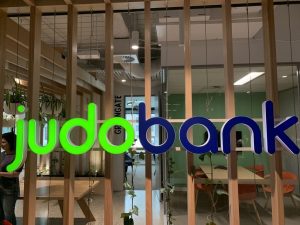A recent Series C round of funding has helped Australian-based Judo Bank ascend to unicorn status. The bank raised $230 million (AUD), putting their total valuation up over $1 billion. The Series C round landed quickly on the heels of a $261 million Series B round that was completed only 10 months ago.
The bank also recently secured $500 million in government funding, to be used for small business loans for citizens affected by COVID-19. CEO David Hornery commented that “We now have one of the strongest capitalized tier-1 ratios in the country, and intend on rapidly growing our national footprint.” Despite the pandemic, which has largely been kept to a minimum in Australia, investors contributed more capital in this round of funding than the two rounds prior to the virus’ outbreak.
While Judo Bank did not bring new investors into Round C, it was able to continue to rely on backing from Bain Capital Credit, Ironbridge, Meyer Family Investments, and the Abu Dhabi Capital Group. Since the bank’s beginnings in 2018, it has raised an impressive total of $750 million.
Hornery also pointed out that Round C’s success "underscores the confidence and commitment" of Judo Bank’s existing investors, "particularly at a time of extreme volatility in global markets that has impacted all bank valuations.” By comparison, Australia’s major bank valuations are down by almost 20% from this time last year. Mr. Hornery claimed that a “very substantial” percentage of the bank's loans were holding up nicely.
Judo Bank is the first so-called “neobank” to achieve unicorn status. Neobanks do away with the need for physical branches entirely, operating exclusively online. Judo is also the first fintech company in Australia to be considered a unicorn. With the current recession and trend in extremely low interest rates, banks are going to require more external funding to offset the inevitable upcoming increase in bad loans. This might actually give startups an edge over big, corporate banking until global markets can pick back up where they left off.
























